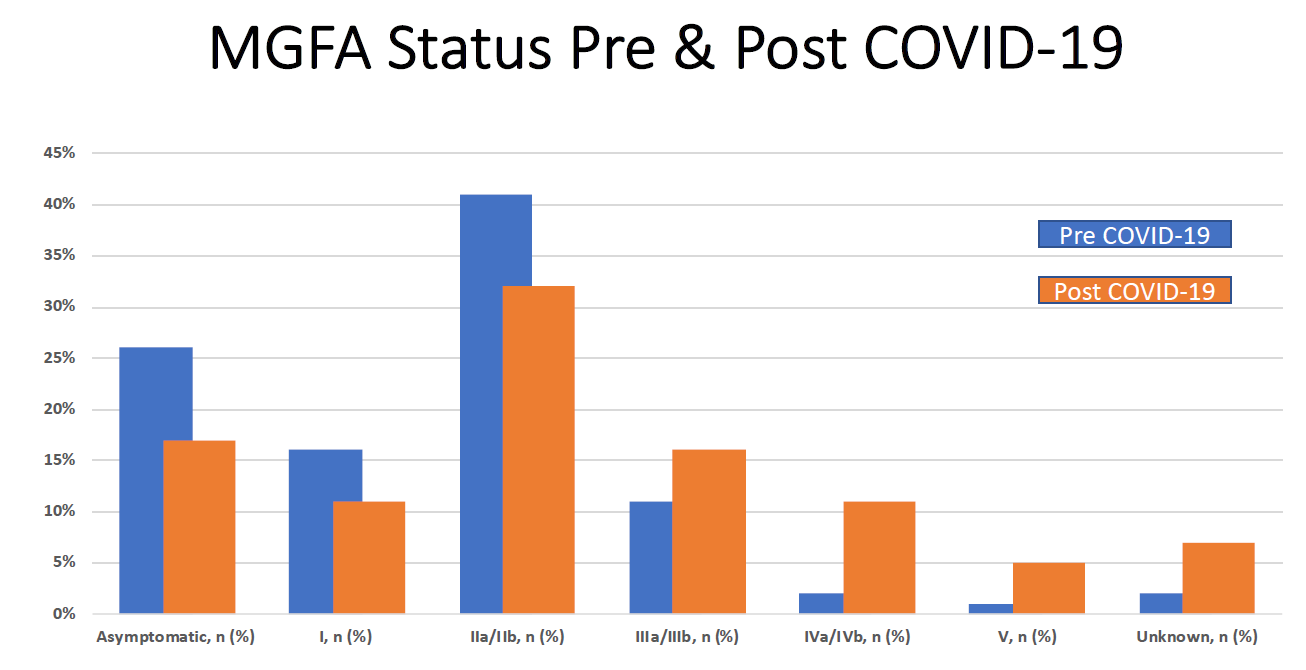 COVID-19 has been with us for over a year, and research about the virus – its effects, and how to fight it – continues to grow. This is great news for patients! We have come a long way since the pandemic began in March 2020.
COVID-19 has been with us for over a year, and research about the virus – its effects, and how to fight it – continues to grow. This is great news for patients! We have come a long way since the pandemic began in March 2020.
At the start, data was scarce. There was very little information about what contributed to a person’s outcome, and what treatments were effective. As a neurologist, I was concerned about how the virus would impact my patients with MG. How would this novel virus affect them and their MG treatment plans? Would treatments that are effective for the general population work for them too?
We knew that immunosuppressed people were likely to be affected in different ways than the general population. Those who are immunosuppressed are at increased risk for a poor outcome from any virus. In addition, MG patients can have trouble swallowing and breathing, making a respiratory virus like SARS-COV2, the coronavirus that causes COVID-19, all the more dangerous for them.
In April 2020, to begin to capture data about how COVID-19 affected MG patients, I joined a group of researchers from Stanford, Yale, Duke and all around the world. We created a working group called COVID-19 Associated Risks and Effects in Myasthenia Gravis, or CARE-MG.
To collect information, we created an international physician-reported registry. Since last spring, we have collected data on about 200 MG patients who have had COVID-19 or suspected COVID-19. It’s one step in the process of understanding how the virus affects people with MG.
So far the data has shown that:
- MG patients find their MG symptoms get worse after having COVID-19.
- Approximately 20% of those in the registry have died.

It’s important to note that this data is shared with us by physicians and often through large hospital systems, so it’s less representative of those with mild or moderate COVID-19 that did not require hospitalization.
We still don’t know what factors made someone worse. Was it age? Was it medications they were taking? For instance, data collected on thousands of multiple sclerosis patients with COVID shows that age is the dominant factor in a patient’s outcome. That’s why we need to expand the data set.
Did you develop COVID-19 and do you have MG? If so, we encourage your physician to submit your case to the registry so we can expand the data set. It’s easy – it takes about 5 minutes of their time. We want to learn as much as we can, as quickly as we can, about MG and COVID. Educate your doctor on this groundbreaking registry and let others across the MG Community know about CARE-MG.
See Dr. Muppidi’s COVID-19 Q&A on the MGFA COVID-19 Research Center.

